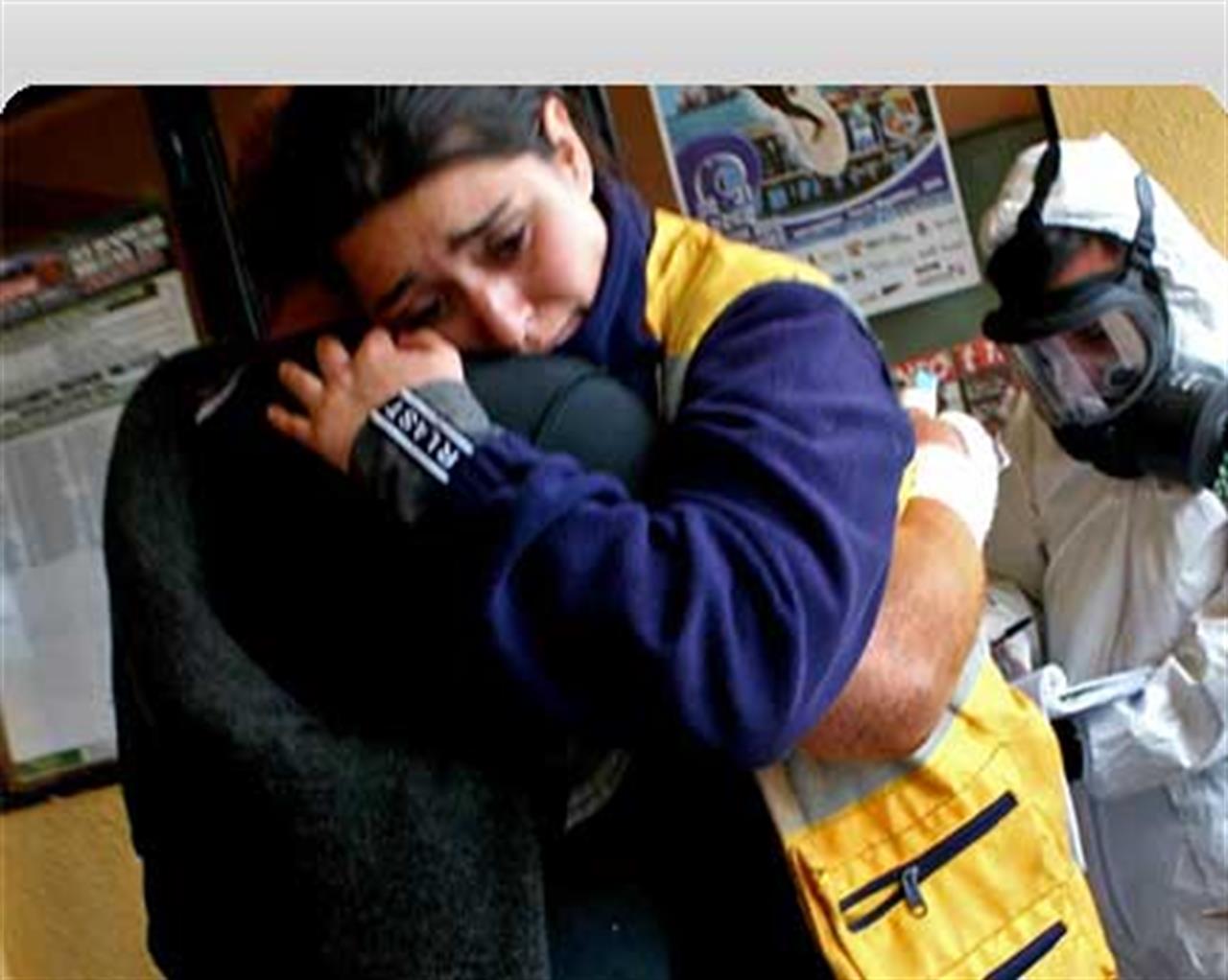Non profit
“Two million homeless: unimaginable”
Interview with Carmen Fernàndez Gibbs, Director of the Chilean National Emergency Agency
di Staff

Interview with Carmen Fernàndez Gibbs, the head of l’Oficina Nacional de Emergencia (Onemi), the Chilean National Emergency Agency.
Up until just a few days ago, when disaster struck Chile, she was concentrating most of her energy on the organisation and security of two big events. The first – bicentenary of the independence from Spain and the second – the passing over of power from Michelle Bachelet to Sabastian Pinera on March 11.
You have been seriously criticised for the slowness with which aid is being distributed. What do you have to say about this?
That this is a sterile debate. What we have in front of us is the worst earthquake in the history of our country. We are coordinating a distribution network to assist two million homeless people. Two million – I don’t know whether you get this. From air transport to lorries, to navy ships, to the initial 5,000 pre-fabricated houses that we have already sent off to give roofs to some of those who no longer have one: everything has been activated.
Of course, it’s not easy, but we’re getting there.
Would you say errors have been committed along the way?
I prefer not to answer.
But on 28 February you said that the navy made mistakes in the valuing of tsunami risks because of a failure of the Armada tools. True?
It is not untrue.
To what extent does looting slow down your work?
It definitely gives us a lot of problems, especially in the capital of Biobìo, in Concepcion. The reason for this is simple: we have had to use up a lot of personnel on the maintenance of public order. These people would have otherwise been used to distribute aid. This is absurd because delinquency management has nothing to do with our job description.
Original Vita magazine article by Paolo Manzo, translated from Italian.
Vuoi accedere all'archivio di VITA?
Con un abbonamento annuale potrai sfogliare più di 50 numeri del nostro magazine, da gennaio 2020 ad oggi: ogni numero una storia sempre attuale. Oltre a tutti i contenuti extra come le newsletter tematiche, i podcast, le infografiche e gli approfondimenti.
